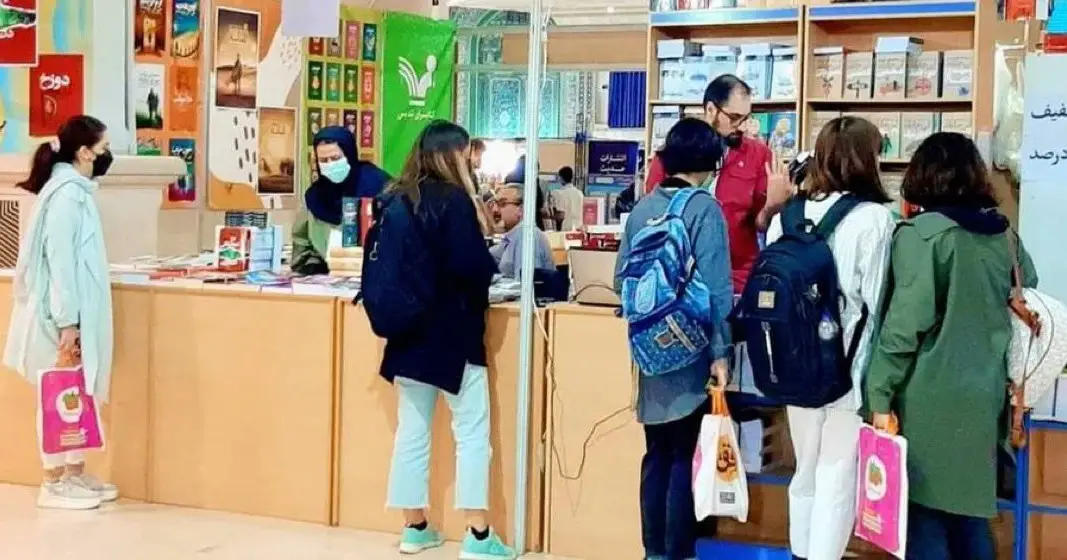
Similar Posts
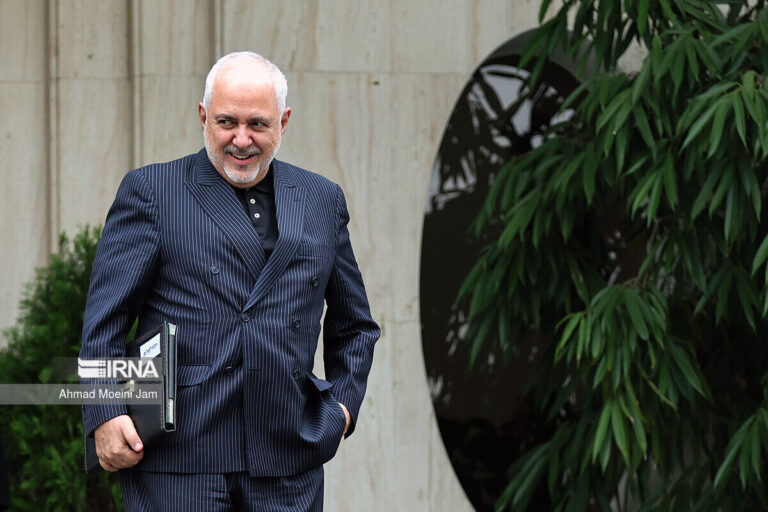
Unveiling the Mystery: The Disappearance of Iran’s Javad Zarif
The political landscape in Iran is heavily influenced by Vice-President Javad Zarif, known for advocating negotiations to ease economic sanctions. However, his recent low profile amid scrutiny over his children’s U.S. citizenship has raised concerns about his future role. Iranian lawmakers are pushing to limit his decision-making power, while the Pezeshkian administration aims to amend laws restricting individuals with foreign ties from holding sensitive positions. Despite ongoing discussions, Zarif’s influence appears diminished, particularly with potential shifts in U.S. leadership. The evolving situation poses uncertainties for Iran’s negotiation strategies and Zarif’s standing in the administration.
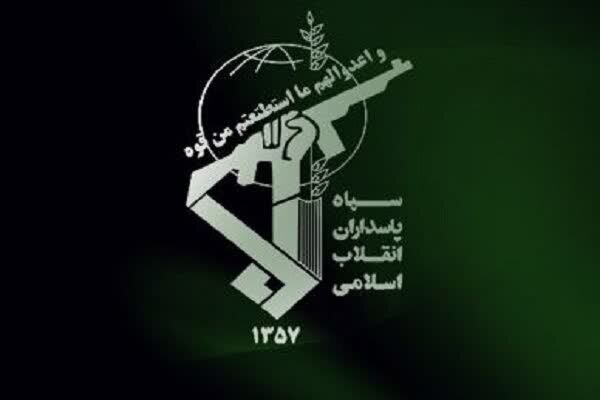
Inside the IRGC: Safeguarding Lives and National Security Through Vital Missions
The Islamic Revolutionary Guard Corps (IRGC) is central to Iran’s national defense, safeguarding the Islamic Revolution’s principles and addressing threats. Established during the Iran-Iraq War, the IRGC has evolved into a significant military force, focusing on national security and regional stability. Its humanitarian efforts include disaster response and development projects, such as infrastructure improvements. Major General Mohammad Bagheri emphasized the IRGC’s military capabilities and role as a deterrent against aggression. As the IRGC marks another year, it reaffirms its commitment to protecting Iran’s sovereignty and supporting its citizens, reflecting resilience and a sense of duty.
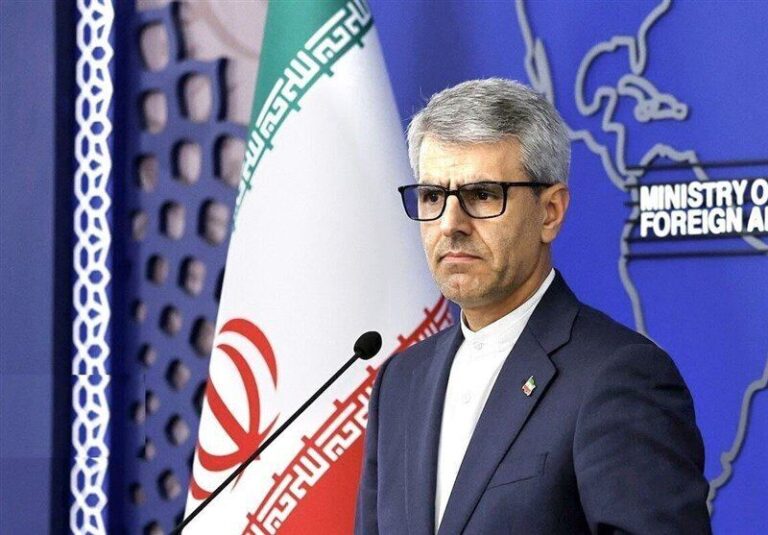
Iran’s Foreign Ministry Spokesperson Stands Firm on Principled Stance Amid Global Challenges
Iran’s Foreign Ministry spokesperson Esma’eel Baqayi reaffirmed the country’s commitment to supporting resistance movements while addressing terrorism in the region. He criticized the influence of the US and Israel, advocating for regional equality and questioning Israel’s role in ongoing conflicts. Baqayi condemned Israeli attacks on Syrian military facilities following Turkey-backed advances and highlighted Israel’s reoccupation of the Golan Heights, which he said undermines Syrian sovereignty. He emphasized Iran’s long-standing non-imperialist stance, focusing on the Palestinian cause, and reiterated its historical role in combating terrorism, led by figures like Qassem Soleimani, while maintaining a consistent foreign policy.
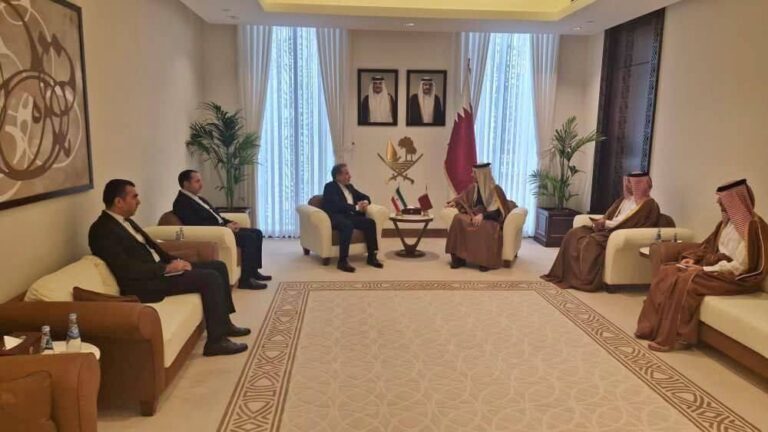
Araghchi and Qatari PM Strategize on Key Regional Developments in Doha
Iranian Foreign Minister Abbas Araghchi recently met with Qatar’s Prime Minister and Foreign Minister Sheikh Mohammed bin Abdulrahman Jassim Al Thani in Doha, highlighting the significance of regional cooperation and bilateral relations. They discussed regional developments, emphasizing collaboration, and reviewed existing diplomatic ties between Iran and Qatar. Araghchi is also scheduled to meet with Hamas officials to address recent Palestinian developments. Additionally, he congratulated the Palestinian people on their historic 16-month resistance, known as the Al-Aqsa Storm. This visit underscores Iran’s dedication to supporting Palestine and strengthening regional ties.
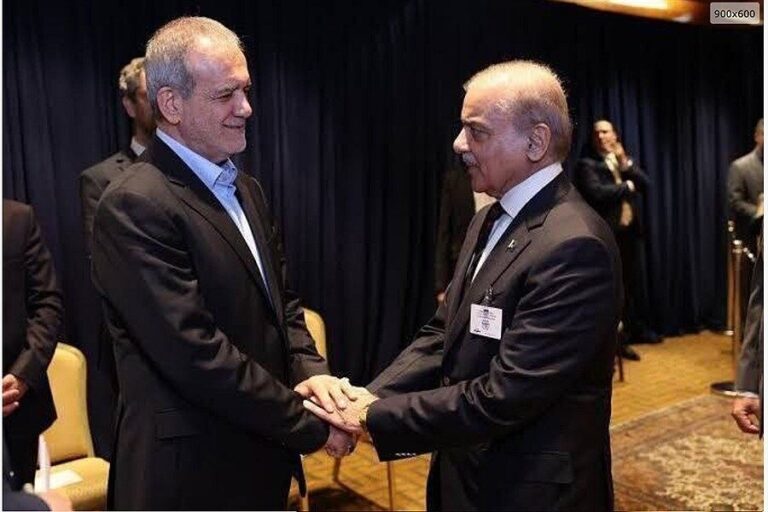
President Pezeshkian Extends Warm Welcome to Pakistani Prime Minister in Historic Meeting
On Monday, President Masoud Pezeshkian welcomed Pakistani Prime Minister Shehbaz Sharif in Tehran, enhancing Iran-Pakistan relations. The ceremony at the Sa’adabad Cultural Complex included the national anthems and introductions of high-ranking delegations. Following the event, the leaders engaged in bilateral talks to strengthen cooperation and address mutual concerns. Sharif, accompanied by Pakistani Army Chief General Syed Asim Munir, is on his second official visit to Tehran in a year. This meeting underscores both nations’ commitment to fostering stronger diplomatic and military ties.
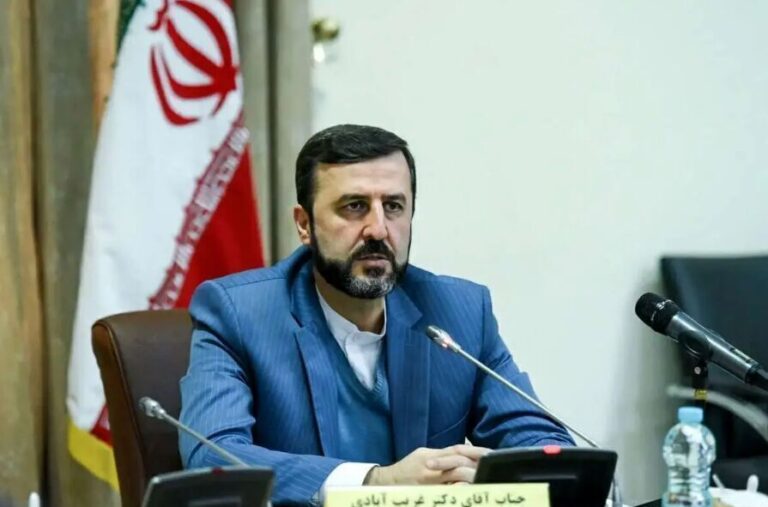
Iranian National Set to Return Home as Netherlands Denies U.S. Extradition Request
An Iranian national, Mehdi Kiyasati, imprisoned in the Netherlands for allegedly violating U.S. sanctions, is set to return to Iran soon after the Dutch government rejected a U.S. extradition request. Kazem Gharibabadi, Iran’s deputy foreign minister, confirmed the news, stating Kiyasati is expected to arrive in Iran shortly. Gharibabadi highlighted that various Iranian authorities, including the Foreign Ministry and the IRGC Intelligence Organization, played a role in securing Kiyasati’s release. This case has garnered significant attention, reflecting the complexities of international law and diplomatic relations, and marks a notable diplomatic achievement for Iran.